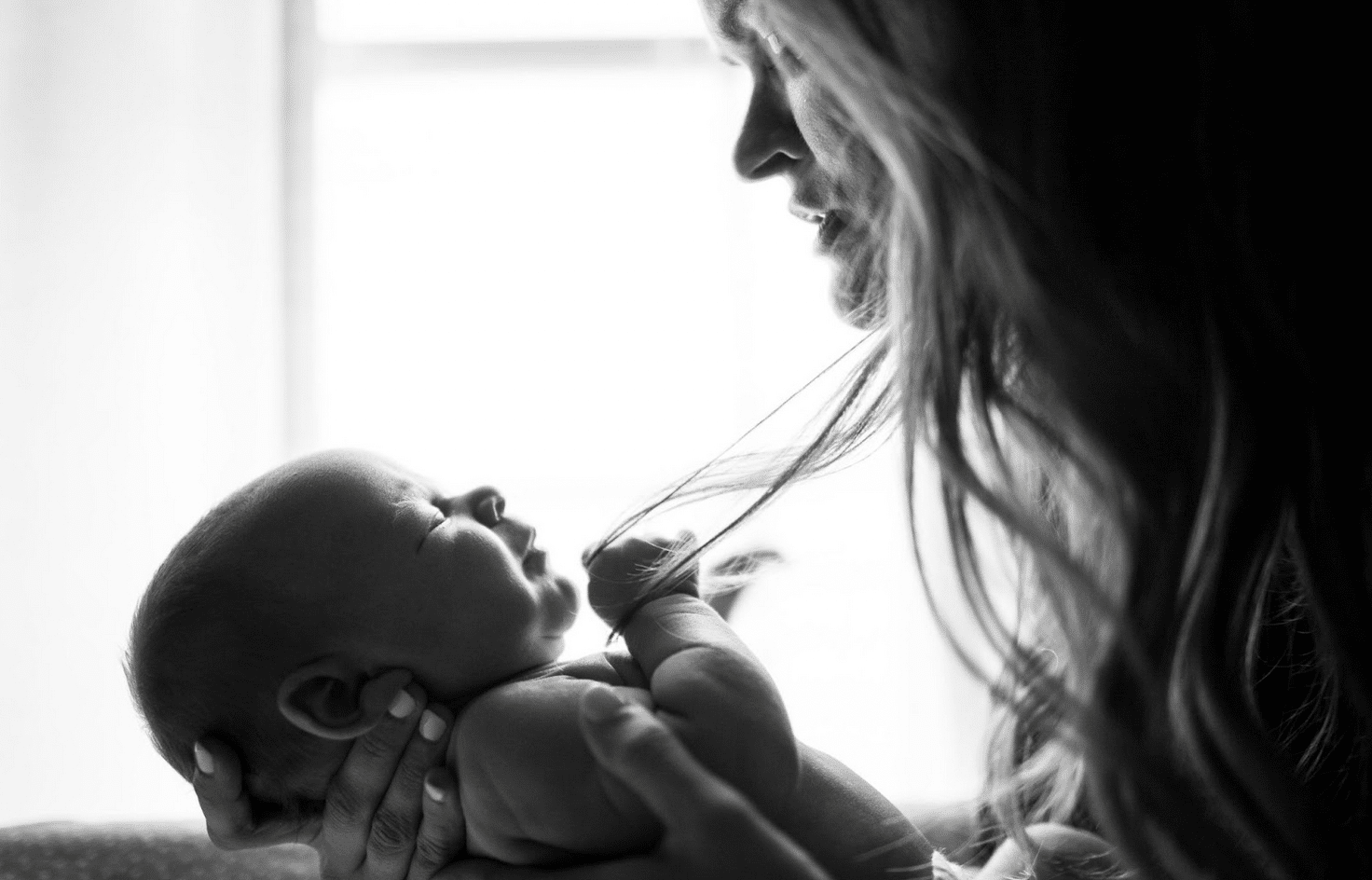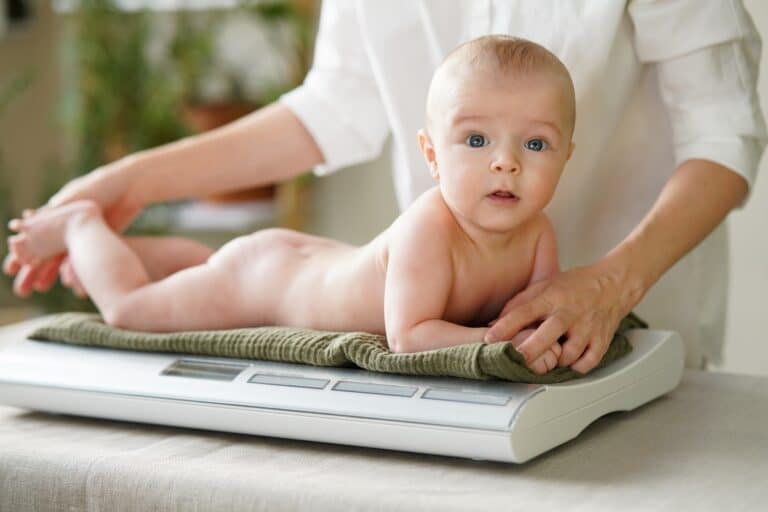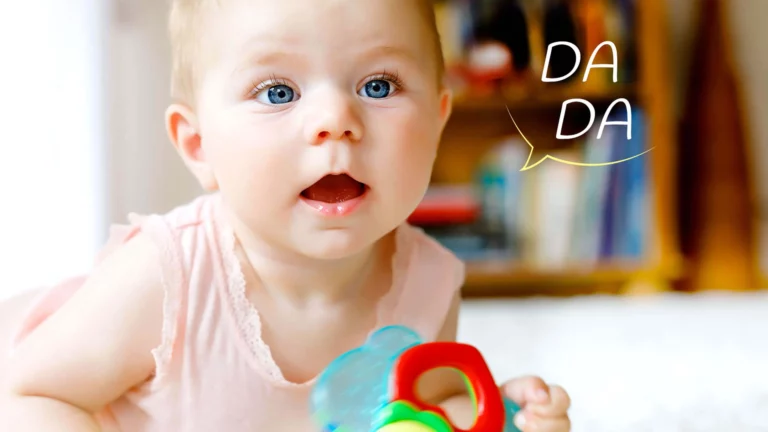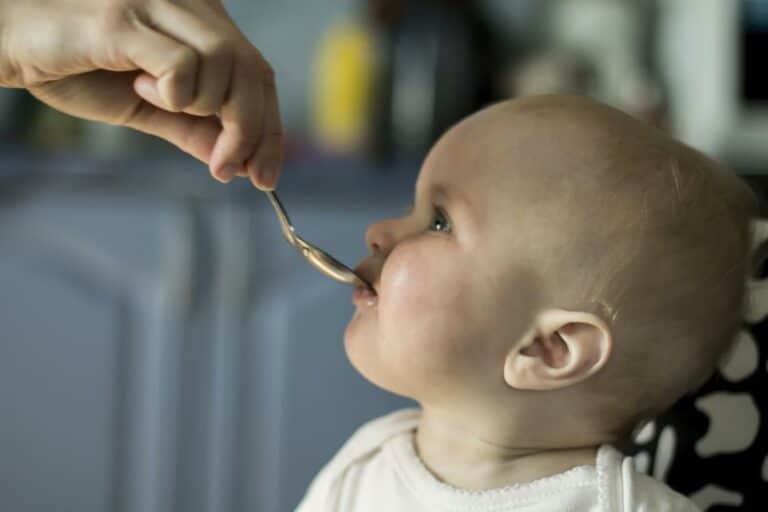Despite all the hype surrounding lactose intolerance in babies, the condition really only affects a small percentage of infants. With that said, when your baby suffers from the condition, it’s no fun for either of you, especially if you aren’t aware of the signs and are at a loss as to how to alleviate your little one’s discomfort.
Before we get started, it’s important to remember that lactose intolerance can affect both breastfed and formula-fed infants, so never make assumptions about what’s causing your child’s symptoms. Before making any changes to their diet, it’s also crucial to check with your pediatrician for recommendations.
With all that said, if you think your baby might be lactose intolerant, watch for these signs and symptoms:
1. Loose Stools
Loose stools can signal lactose intolerance, but before you switch to lactose-free baby formula, consult your pediatrician because loose stools can also indicate other problems as well.
If your baby passes loose, watery stools within two hours of consuming milk, an intolerance for lactose may be the issue. If your pediatrician can’t find any other reason for the loose stools, treatment for lactose intolerance will likely resolve the issue.
2. Diarrhea
Diarrhea is probably the most common symptom of lactose intolerance in babies. When you’re lactose intolerant, your body doesn’t make enough lactase, which means lactose remains undigested in your intestines. The lactose builds up, causing diarrhea.
If your baby experiences diarrhea after eating and has one or more of the other symptoms listed here, they might be lactose intolerant, so contact your pediatrician for a diagnosis.
3. Nausea and Vomiting/Spitting Up
If your baby spits up a lot after eating or vomits regularly after feeds, lactose intolerance might be the problem. Nausea is a common symptom, and while your little one can’t tell you if their tummy hurts, you’ll be able to tell by their actions. If they arch their back, curl up in a ball, or kick their legs wildly soon after eating, they may be feeling unwell.
4. Gas and Bloating
Another obvious sign of lactose intolerance in infants is the frequent passing of gas and obvious bloating. Again, your little one may not be able to tell you how they’re feeling, but if you pay attention, you’ll know.
If your baby is passing a lot of gas soon after eating or their little tummy looks distended and feels rigid, they’re bloated and uncomfortable. Gently pushing on their belly may cause them to squirm or cry in pain. If any of these signs present themselves shortly after your baby eats, it’s likely lactose intolerance, and you need to consult your pediatrician right away.
5. Constant Crying
Crying is the only way your baby can tell you when they’re unhappy or unwell. While your little one cries for a lot of reasons, if they frequently cry after eating and nothing seems to calm them, they could be in pain from lactose intolerance.
If you notice a clear pattern of constant crying after eating and nothing seems to calm your baby down, ask your doctor if lactose intolerance might be the issue.
As mentioned at the beginning of this article, lactose intolerance in babies is rare, but it does happen. The information presented here isn’t intended to replace the expert advice of your child’s pediatrician, but if your child exhibits any of these signs or symptoms, it could be an indication that they are lactose intolerant. Consult their pediatrician right away if you think this is the case.











